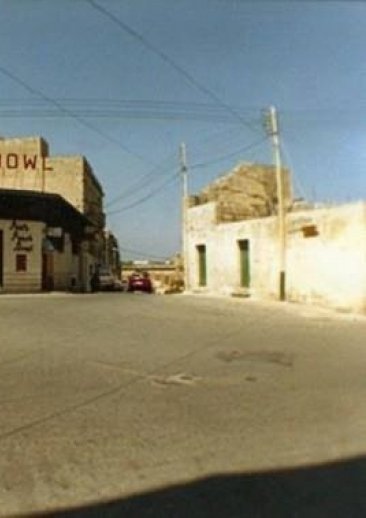Hugo Chetcuti died from complications from the wounds he suffered in a stabbing attack a few days earlier. And on cue the outpouring of grief on social media. Some with the obvious: he didn’t deserve to die this way. Of course not. No one does. No one is qualified to dispense death as judgement on anyone else.
Some speak of his charm, his generosity, his ease of character. I can only assume he was a nice guy. I wouldn’t know. I never met him.
But some inevitably proceed to lionise Hugo Chetcuti as some form of national hero, a benefactor, an example to us all, a model life cut short. Hugo Chetcuti was no doubt family and friend to many and most of them may have nothing to do at all with anything shady in his life. Their loss is real and the selectiveness of their memory is natural.
But the wider reaction is a mirror of our society that is prepared to be just as selective in its memory if suitably blinded by money whether in its accumulation, its manifestation in ostentation and even, and especially, in its dispersal in charity.
Few want to think about where this great empire started.
Instead we walk through Paceville, the reputional laundry that rights all wrongs. We are excited by the great sushi and the bao dumplings willing ourselves to admire the providers and through them to launder our own guilt.
Through all this we saw Paceville re-invent itself laundering slavery and prostitution into adult entertainment and gentlemen’s clubs, laundering gambling into adult games, laundering brothels into hourly-rate hotels and massage parlours. The glitz and glamour, the steel and glass, the lights and sounds give a frame for what here passes for respectability.
This is not an obituary for Hugo Chetcuti. God knows there will be plenty of those.
This is the marking, much sooner than Hugo Chetcuti could have ever hoped, of the completion of his great project of legitimisation.
